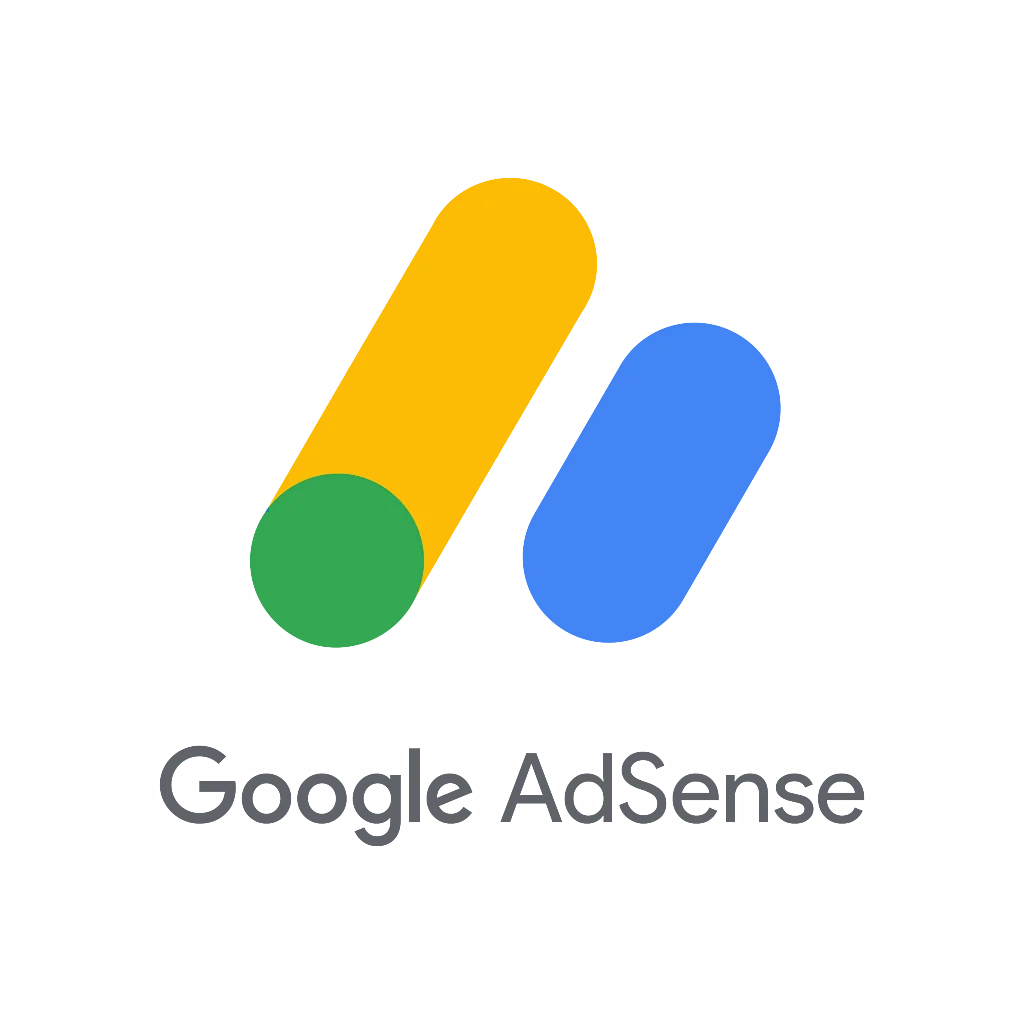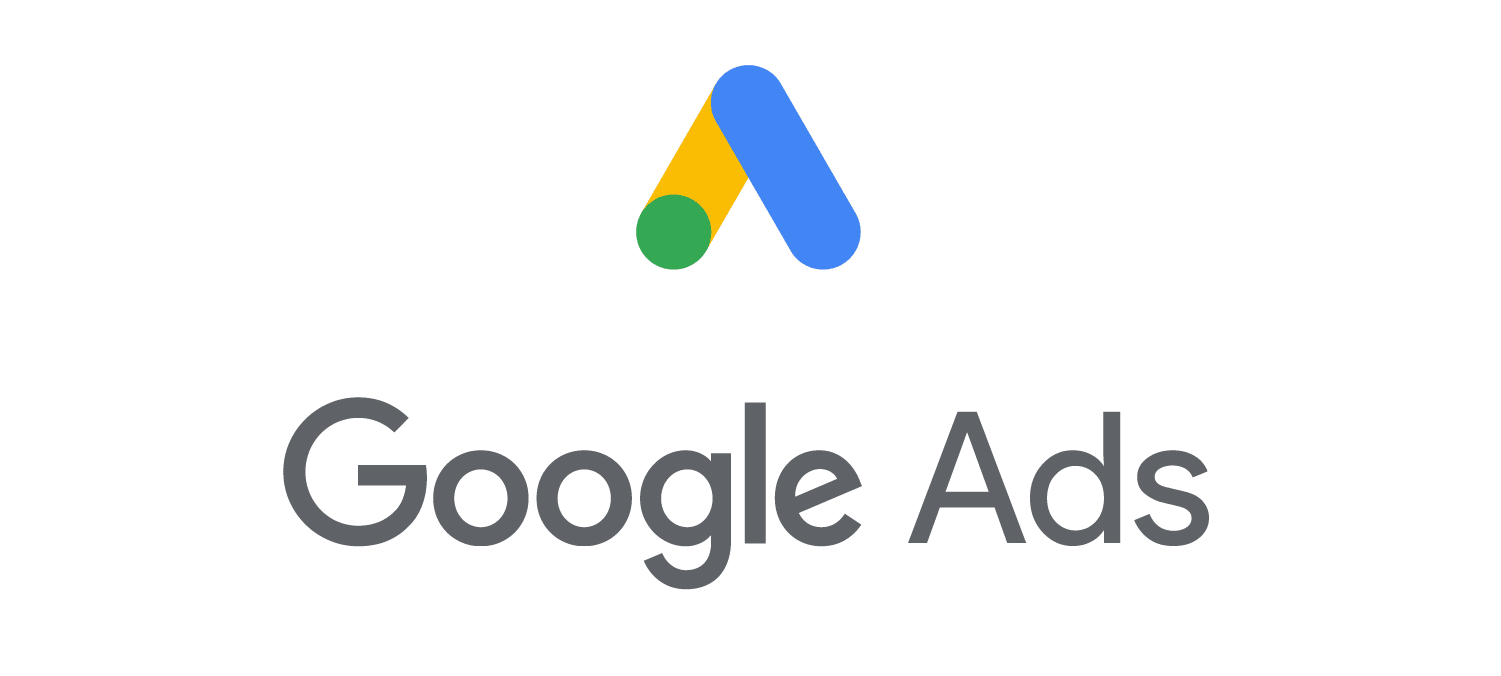In the fast-paced world of digital marketing, staying ahead of the competition requires innovative tools and strategies.
Google, being a tech giant, offers an extensive suite of free tools that empower marketers to streamline their processes, understand their audience better, and optimize their marketing campaigns.
These tools cover everything from SEO and content creation to advertising and data analysis. This blog explores 25 free Google tools every marketer should leverage to maximize their marketing potential.
1. Google AdSense
Google AdSense is a powerful monetization tool that allows website owners to earn passive income by displaying targeted ads on their websites.
Marketers can use AdSense to generate revenue by providing valuable content that attracts visitors. Google automatically matches ads to the site’s content, making it seamless for marketers to integrate advertising without disrupting the user experience.
Key Features:
- Customizable ad formats
- Detailed performance reports
- Automatic ad placement optimization
2. Google Ads (formerly AdWords)
Google Ads is an essential tool for running pay-per-click (PPC) campaigns. Marketers can create targeted advertisements that appear on Google search results and partner websites.
With advanced targeting options, marketers can reach specific demographics, devices, and locations, ensuring their ads reach the most relevant audience.
Key Features:
- Flexible budgeting options
- Keyword targeting
- Ad performance tracking
3. Google Keyword Planner
Google Keyword Planner is indispensable for SEO and PPC campaigns. It provides insights into search volume, competition, and cost-per-click (CPC) for keywords. Marketers can discover new keywords and optimize their content to rank higher on search engines.
Key Features:
- Keyword suggestions based on industry
- Search volume trends
- CPC data for budgeting
4. Google Alerts
Google Alerts helps marketers stay updated on industry trends, brand mentions, and competitor activity. By setting up alerts for specific keywords, marketers can receive real-time notifications about relevant content.
Key Features:
- Customizable alert frequency
- Real-time monitoring
- Competitive analysis
5. Google Analytics
Google Analytics is one of the most comprehensive tools for tracking website performance. It provides valuable insights into user behavior, traffic sources, and conversion rates, allowing marketers to make data-driven decisions.
Key Features:
- Audience segmentation
- Conversion tracking
- Customizable dashboards
6. Google Blogger
Google Blogger is a free blogging platform ideal for content marketing. Marketers can create and publish content without any technical expertise. It’s a great way to build an online presence and engage with an audience.
Key Features:
- Easy-to-use interface
- Integration with Google AdSense
- Customizable templates
7. Google Blog Search
Though discontinued, Google Blog Search was once a valuable tool for finding blog content and monitoring brand mentions. Today, marketers can use Google Search with advanced search operators to achieve similar results.
Key Features:
- Content discovery
- Competitor monitoring
8. Google Books
Google Books provides access to a vast collection of books. Marketers can use it to research industry trends, find inspiration for content, and even promote their own published works.
Key Features:
- Full-text search
- Preview and purchase options
- Citation tool for content creators
9. Google Calendar
Google Calendar is essential for managing marketing campaigns, scheduling meetings, and collaborating with teams. Marketers can organize their workflow and set reminders for important deadlines.
Key Features:
- Shared calendars
- Event reminders
- Task integration
10. Google Chrome
Google Chrome is more than just a web browser. With its vast library of extensions, marketers can enhance their productivity, streamline SEO tasks, and manage social media more effectively.
Key Features:
- Developer tools
- SEO extensions (e.g., MozBar, Keywords Everywhere)
- Cross-device synchronization
11. Google Docs
Google Docs allows real-time collaboration on documents, spreadsheets, and presentations. It simplifies content creation and editing, making it ideal for marketing teams.
Key Features:
- Cloud storage integration
- Commenting and editing permissions
- Offline access
12. Google Drive
Google Drive offers cloud storage for sharing and managing marketing assets. It integrates seamlessly with other Google Workspace tools, ensuring efficient collaboration.
Key Features:
- Secure file storage
- Easy sharing and permissions
- Large storage capacity
13. Google Forms
Google Forms is a versatile tool for collecting data through surveys, feedback forms, and quizzes. Marketers can use it for lead generation, market research, and customer feedback.
Key Features:
- Customizable templates
- Real-time response tracking
- Integration with Google Sheets
14. Google Gadgets
Google Gadgets are small widgets that enhance website functionality. Marketers can use them to add interactive features to their websites, improving user engagement.
Key Features:
- Customizable widgets
- Easy integration with websites
15. Google My Business
Google My Business is vital for local SEO. Marketers can manage their business profiles, interact with customers, and improve visibility in local search results.
Key Features:
- Business profile management
- Customer reviews and messaging
- Insights on search performance
16. Google Search Console
Google Search Console is essential for monitoring website performance in search results. It provides insights into search queries, indexing issues, and backlinks.
Key Features:
- Search performance reports
- Index coverage analysis
- Mobile usability tracking
17. Google Tag Manager
Google Tag Manager simplifies the process of adding and managing marketing tags on websites. Marketers can deploy tracking codes without modifying the website code.
Key Features:
- Tag templates
- Version control
- Event tracking
18. Google Translate
Google Translate allows marketers to make their content accessible to a global audience. It supports over 100 languages, making it easier to expand into international markets.
Key Features:
- Website translation
- Mobile app support
19. Google Trends
Google Trends provides insights into search behavior over time. Marketers can identify trending topics and seasonal patterns to inform their content strategy.
Key Features:
- Trend analysis
- Geographic insights
20. Gmail
Gmail is a powerful email platform with advanced filtering and integration capabilities. Marketers can manage campaigns, automate follow-ups, and organize communication efficiently.
Key Features:
- Labels and filters
- Integration with Google Workspace
21. Google Sites
Google Sites is a free website builder that marketers can use to create internal project hubs, event pages, or microsites for campaigns.
Key Features:
- Drag-and-drop editor
- Integration with Google Drive
22. Google Keep
Google Keep is a note-taking app that helps marketers organize ideas, to-do lists, and reminders. It’s great for capturing creative thoughts on the go.
Key Features:
- Color-coded notes
- Voice note support
23. Google Lens
Google Lens allows marketers to extract text and analyze images. It can be used for competitor research and creative content generation.
Key Features:
- Image recognition
- Text scanning
24. Google Data Studio
Google Data Studio is a data visualization tool that helps marketers create interactive reports and dashboards.
Key Features:
- Customizable reports
- Integration with multiple data sources
25. Google Optimize
Google Optimize allows marketers to run A/B tests on websites to improve user experience and conversions.
Key Features:
- A/B testing
- Personalization options
FAQs
Are all Google marketing tools completely free?
Most of the tools listed are entirely free, but some offer premium features or have paid versions for advanced functionality (e.g., Google Ads and Google Cloud Platform).
How can Google Analytics help marketers?
Google Analytics helps track website traffic, user behavior, and conversion metrics, enabling marketers to optimize their campaigns for better performance.
What is the difference between Google Search Console and Google Analytics?
Google Search Console focuses on website performance in search results, while Google Analytics tracks user interactions and website traffic.
Can small businesses benefit from Google My Business?
Yes, Google My Business is especially beneficial for small businesses to manage their online presence and attract local customers through search and maps.
How does Google Keyword Planner improve SEO?
Google Keyword Planner provides keyword suggestions, search volume data, and competition analysis, helping marketers choose the best keywords for SEO strategies.
What are the best tools for content creation?
Google Docs, Google Slides, and Google Keep are excellent for content creation, brainstorming, and collaboration.
Is Google Data Studio suitable for beginners?
Yes, Google Data Studio has an intuitive interface, and marketers can easily create data visualizations with its drag-and-drop features.
How can Google Optimize increase website conversions?
Google Optimize enables A/B testing to experiment with website elements, helping marketers determine what designs or content drive more conversions.
Can Google Forms be used for lead generation?
Yes, marketers can use Google Forms to create surveys and sign-up forms to collect leads and customer feedback.
Is Google Cloud Platform useful for marketers?
Google Cloud Platform offers tools for hosting websites, managing data, and developing marketing applications, making it useful for tech-savvy marketers.
Conclusion
Google offers an impressive range of free tools that can significantly enhance marketing strategies. By incorporating these tools into their workflow, marketers can gain valuable insights, optimize campaigns, and ultimately drive business growth. Embrace these tools to stay competitive in the dynamic world of digital marketing.
An avid blogger, dedicated to boosting brand presence, optimizing SEO, and delivering results in digital marketing. With a keen eye for trends, he’s committed to driving engagement and ROI in the ever-evolving digital landscape. Let’s connect and explore digital possibilities together.










